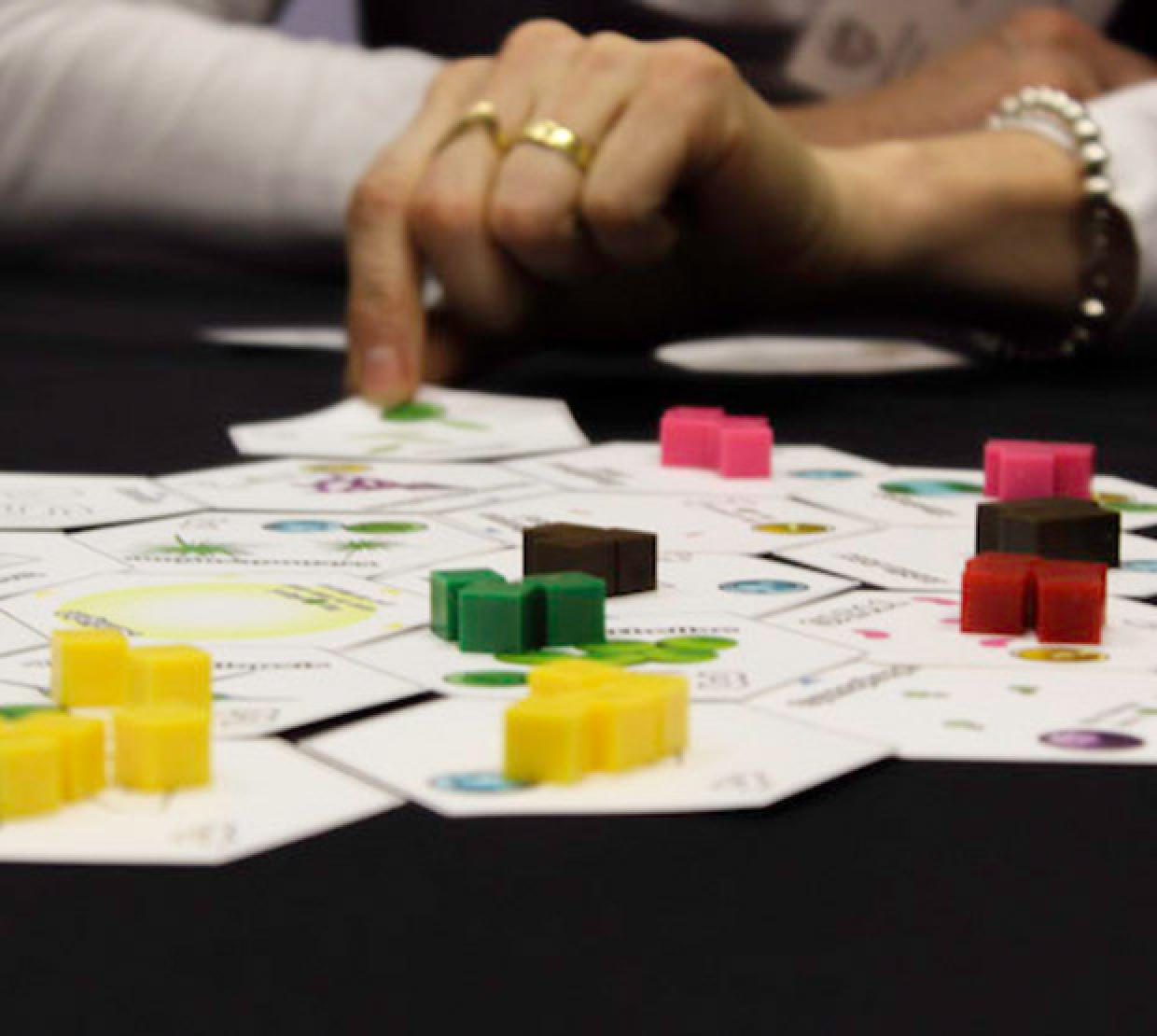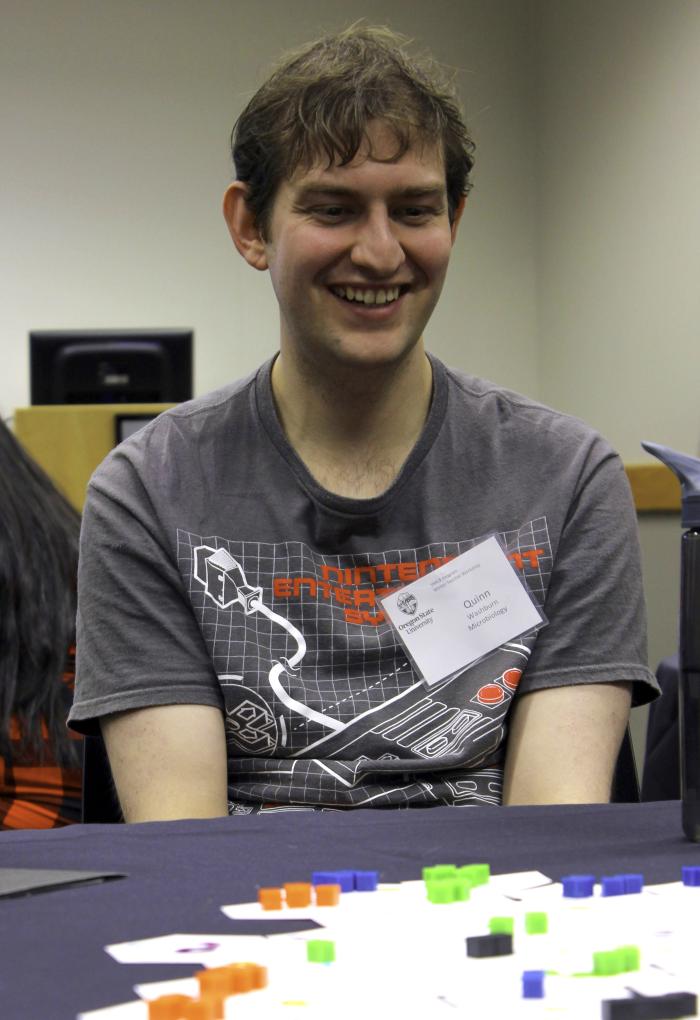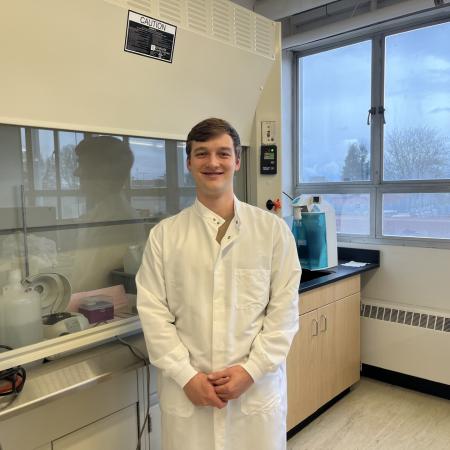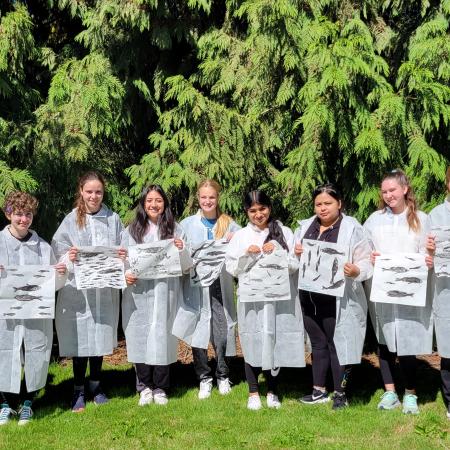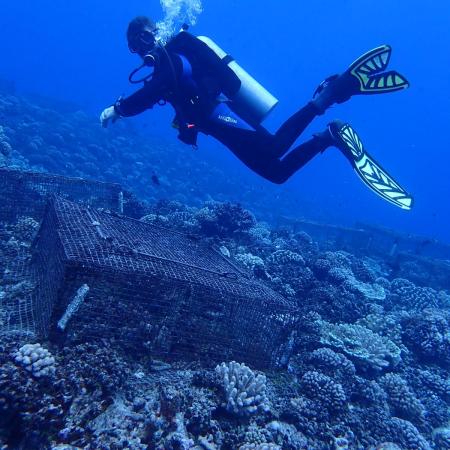Microbiology graduate student Quinn Washburn developed a board game called Oligotrophic designed to help students understand the microbial ecology of the oceans and movement of biomass. Marine microbes live extraordinary lives of their own, albeit ones fraught with danger and opportunity.
Driven to help educate children and others about the essential marine microbes that form the basis of life in the ocean and that perform 50 percent of the Earth’s photosynthesis, Washburn created the game, Oligotrophic.
Characterized by slow growth, low rates of metabolism and generally low population density, an oligotroph is an organism that can live in an environment with very low levels of nutrients. Oligotrophic environments include deep oceanic sediments, caves, glacial and polar ice, deep subsurface soil, aquifers, ocean waters, and leached soils as well as subtropical ocean gyres that cover a substantial portion of the Earth’s surface.
“It was my goal to create a fun, engaging and interactive game that would transport students into the microbial world so they could learn about this incredible ecosystem, where the action is invisible to the naked eye,” said Washburn.
